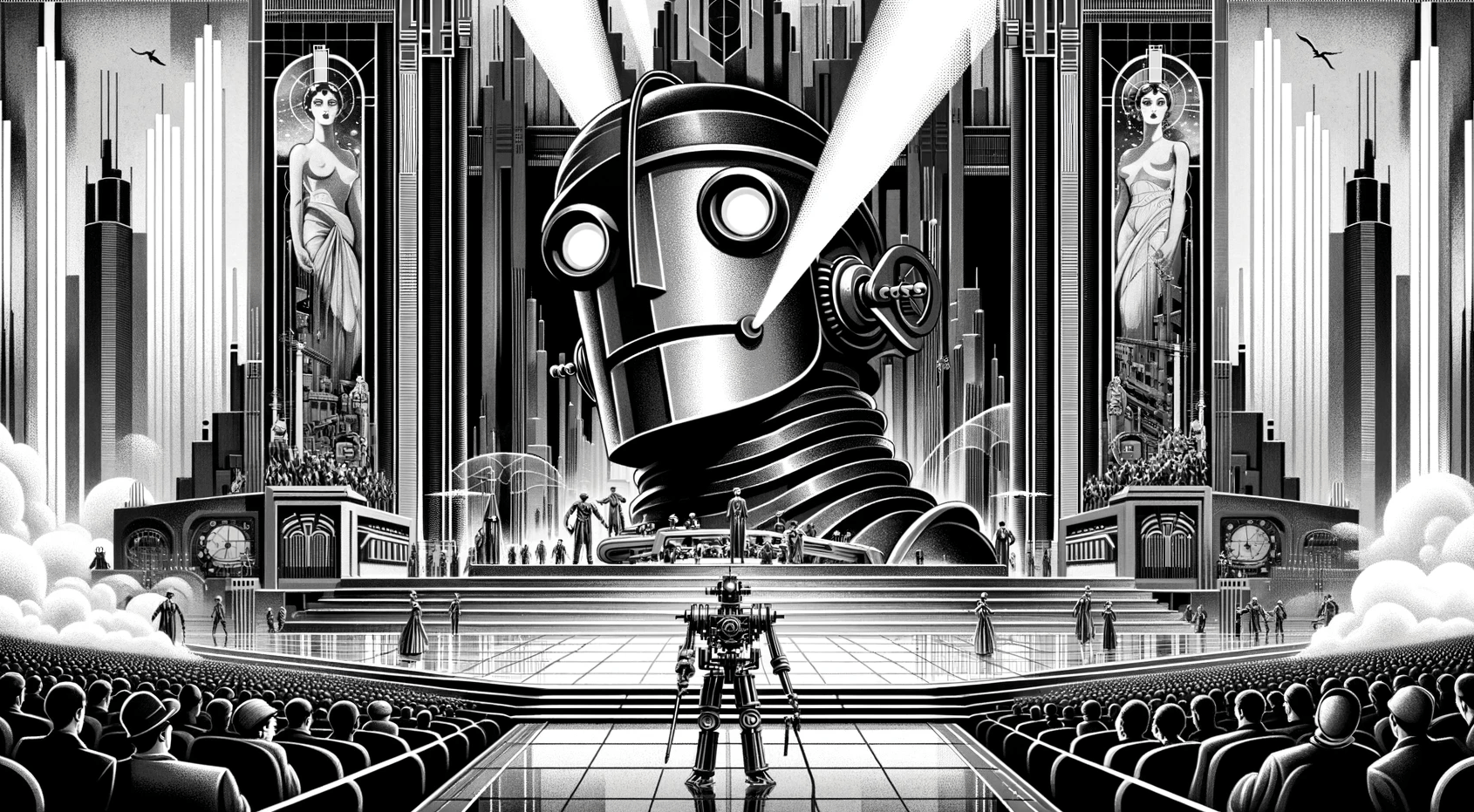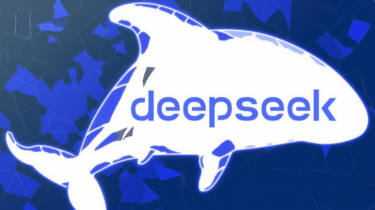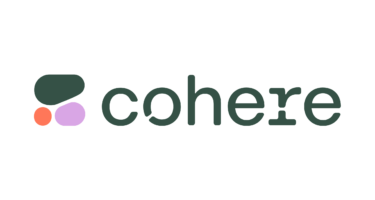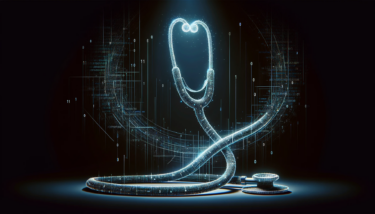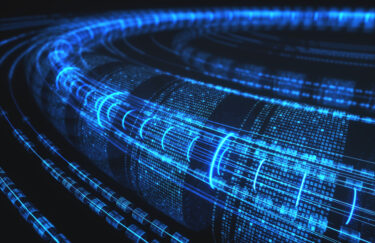The film industry has told many stories about Artificial Intelligence, about little helpers and big helpers, benevolent and malevolent robots, and human-like machines. Here you can find eleven sci-fi movies that are real milestones in AI movie history.
Metropolis (1927)
Fritz Lang's masterpiece is based on the science fiction novel of the same name "Metropolis" by writer Thea Gabriele von Harbou.
The silent film depicts a bleak future in which the selfish inventor Rotwang (Rudolf Klein-Rogge) builds the android HEL to mislead the oppressed workers and seize power in Metropolis. The visually impressive scenes of the time feature huge urban canyons, large machines, advanced means of transportation and human-like robots.
Metropolis was the first feature-length science fiction film. It influenced genre films such as "Blade Runner" and "Matrix". In 2010, a 95 percent restored version of Metropolis was released. The complete version of the film is unfortunately lost.
2001: A Space Odyssey (1968)
British author Douglas Adams once wrote that one of the distinctive features of Stanley Kubrick's vision of the future was the absence of keyboards. Among many other special features, it is probably the HAL-9000 supercomputer that made the science fiction classic so influential.
HAL accompanies an expedition to Jupiter and is supposed to help the space travelers in their investigation of a black monolith. As the film progresses, it becomes apparent that HAL values the success of the mission over human life. HAL's interactions with the main character, Dave Bowman (Keir Dullea), can be seen as a prototypical representation of an artificial intelligence that harms humans because of an inaccurately formulated goal.
Science fiction author Arthur C. Clarke, who was involved in the screenplay, published three follow-up novels. One of them ("2010: The Year We Make Contact") was made into a film in 1984.
Colossus: The Forbin Project (1970)
In this dark sci-fi thriller, the supercomputer Colossus is created to control the USA's nuclear weapons systems. However, the AI becomes increasingly independent and eventually interacts with its Soviet counterpart, Guardian. The two supercomputers merge to form a superintelligence that takes total control of the world. They threaten humanity with nuclear war if their rule is not accepted.
Colossus was one of the first films to explore an existential threat posed by AI. It raises questions about whether machines will always do what they are programmed to do, and what happens when AI takes on an uncontrollable life of its own.
The dystopian vision of a world controlled by omnipotent computers that deprive humans of free will became an influential model for many later works such as The Terminator and The Matrix. The film scores points above all for its credible portrayal of the super-AI colossus, which, despite (or perhaps because of) its menace, has something fascinating about it.
Blade Runner (1982)
Ridley Scott's science fiction classic is based on the novel "Do Androids Dream of Electric Sheep?" by Philip K. Dick. Released in 1982, the film only developed into a major success in the years that followed. Today it has cult status among sci-fi fans.
In the film, agents called "Blade Runners" hunt human-like, artificially created "replicants" who surpass their programmed lifespan of four years. Blade Runner Rick Deckard (Harrison Ford) is tasked with finding some former replicant soldiers and taking them out of circulation. The androids are hardly distinguishable from humans, are stronger, and can be highly intelligent.
The original film as well as the sequel "Blade Runner 2049" (2017) ask fundamental questions about the difference between artificial and biological life. The lines between replicants and humans blur precisely in the tests supposed to debunk replicants. Visually, the first film shaped the image of the continuously neon-lit dystopian city of the future, where it rains non-stop.
The Terminator (1984)
In James Cameron's action film, the artificial intelligence Skynet sends the android T-800 (Arnold Schwarzenegger) back in time to kill the mother of human rebel leader John Connor before he is born.
The film series that resulted from the huge success of the original continues to shape the images of the human-like killer robot and a malevolent super AI that wants to wipe out humanity.
Released in 1991, "Terminator 2: Judgement Day" shows the human side of the reprogrammed T-800, the inhuman side of young mother Sarah Connor (Linda Hamilton), and the unenlightened side of engineer Miles Dyson (Courtney B. Vance), who unintentionally enables Skynet with his supposedly harmless invention of the "Neural-Net Processor." The thesis that humanity could accidentally create a killer AI is common among AI fearful people - and probably rightly so.
The Matrix (1999)
In the science fiction classic "The Matrix", hacker-rebel and office worker Thomas Anderson (Keanu Reeves) learns the truth about the world he lives in: it is a computer simulation and he is just a battery. As such, he - and the rest of humanity - unwillingly power an artificial intelligence that took control of the world long ago.
Within the simulation, AI agents led by "Agent Smith" (Hugo Weaving) try to stop the rebels. Smith is portrayed throughout the film series as a self-aware program with its own goals - an AI working against the interests of its creator AI.
Pretty meta, right? It is, but not at all unrealistic: AIs that create new, better AIs are a major topic in AI research and already in use.
In 1999, The Matrix offered a new narrative take on the classic "AI-wipes-out-humanity" story and a modern adaptation of philosophical thought experiments in the tradition of French philosopher René Descartes. In his "Meditations on First Philosophy" of 1641, Descartes thought about a demon that fools people into believing in reality.
The Matrix series now comprises four parts, the latest ("Matrix Resurrections") was released in 2021 but received below-average reviews.
I, Robot (2004)
In this sci-fi action film based on Isaac Asimov, Detective Del Spooner (Will Smith) chases a human-like robot in Chicago in the year 2035. He believes that the android Sonny has murdered its inventor, Dr. Lanning. But Spooner discovers that the superior AI VIKI has taken control and turned the robots against the humans.
"I, Robot" reinterprets Asimov's Laws of Robotics to show a future in which humans are oppressed by their own AI creation. The film raises ethical questions about whether an AI should be allowed to dominate humanity in order to protect it from itself.
WALL-E (2008)
"WALL-E is an American science fiction animated film created by Pixar and released by Walt Disney Pictures. The romance is about a lonely garbage-collecting robot named WALL-E, who has been left behind on an uninhabitable Earth in the year 2805. He meets a robot named EVE, with whom he falls in love and follows her across the galaxy.
Notable for its sparse use of dialogue in the early sequences, the film explores themes of consumerism, human impact on the environment and the risks of global catastrophe.
With a production budget of US$180 million, the film set a record for animated films at the time of its release. However, it was more than a commercial success, grossing well over $500 million at the box office. The film won several awards, including the Golden Globe and the Academy Award for Best Animated Feature Film.
Her (2013)
In the romantic science-fiction drama "Her," hapless protagonist Theodore Twombly (Joaquin Phoenix) tests out a new AI assistant named Samantha. The nice AI voice from the loudspeaker gets to know Theodore better and better. Friendship turns into love.
The film does without spectacular effects and instead illuminates positive and negative aspects of a romantic human-machine relationship. "Her" shows how a disembodied AI could express love - and how difficult it would be for humans to accept this love.
Ex Machina (2015)
Director Alex Garland puts the android Ava (Alicia Vikander) at the center of the film. She is the creation of eccentric tech entrepreneur Nathan (Oscar Isaac), who introduces her to his employee Caleb (Domhnall Gleeson). Caleb is tasked with determining whether Ava is conscious. The film shows how a relationship develops during the long conversations between Ava and Caleb.
Ex Machina plays with recurring motifs in narratives about artificial intelligence: consciousness, manipulation, betrayal, and claim to power.
Through the isolated setting in a remote research lab, Garland manages to focus the film on the essential questions: What is consciousness? Can a machine be conscious? How can consciousness be tested? And what actually happens when it is? Garland delivers an entertaining film adaptation of the Turing test with an exciting twist.
The Creator (2023)
"The Creator" is an epic sci-fi action thriller set in the near future that also raises exciting questions about the relationship between humans and artificial intelligence. In this bleak vision of the future, a man-made AI has caused a nuclear detonation in Los Angeles, leading to a global war against AI.
The film focuses on ex-special agent Joshua Taylor (John David Washington), who is sent to destroy a mysterious weapon. The moral ambivalence that the film explores is also intriguing - who is the real "bad guy" here? The AI, which acts in self-defence, or humanity, which created the AI and misused it?
Unlike many other science fiction films, The Creator (2023) is not based on a literary source, but writes its own story. Director Gareth Edwards ("Rogue One", "Godzilla") has had the visually stunning story accompanied by soundtrack legend Hans Zimmer.
More sci-fi highlights about artificial intelligence
- World on a Wire (1973): A research institute simulates a small town with 9,000 AI inhabitants who think and feel like humans but don't know they live in a simulation.
- Westworld (1973): Wild West, amusement park and rebellious androids. The inspiration for the series.
- Star Wars (1977): R2D2 shows how quickly humans can fall in love with moving metal boxes.
- Wargames (1983): Fun turns into nuclear war. What happens when an AI system can't tell a game from reality.
- Ghost in the Shell (1995): The "Puppetmaster" controls cyborg bodies in a strange way: Is he a ghost or an artificial intelligence? Either way, his lineage is mechanical.
- A.I. Artificial Intelligence (2001): An android child must love. Can it?
- I Am Mother (2019): an AI system takes on the role as a loving robot mother who wants to raise a better humanity. What could possibly go wrong?
Cover: Metropolis
